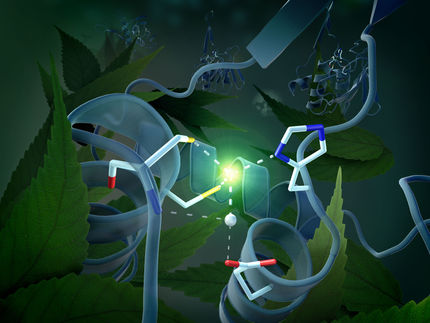NeuroVive receives Orphan Drug Designation in Europe for moderate and severe traumatic brain injury
The European Commission has granted Orphan Medicinal Product Designation status to NeuroVive Pharmaceutical AB's product NeuroSTAT® for the treatment of patients with moderate and severe traumatic brain injury. This follows the positive opinion of the European Medicines Agency EMA in July. Orphan Drug Designation gives NeuroVive access to regulatory assistance from the European Medicines Agency (EMA) during the development phase, reduced regulatory fees, and market exclusivity in the EU for ten years after the product attains marketing authorization.
CEO Mikael Brönnegård comments: "The Commission's decision is an affirmation of our development strategy. From a market point of view, the possibility of ten years exclusivity from registration in the EU is extremely important to NeuroSTAT's continued development in neuroprotection and it creates the conditions for more rapid commercialization. Orphan Drug Designation gives us access to important regulatory assistance which will greatly facilitate the development of neuroprotective therapy for acute treatment of patients with moderate and severe traumatic brain injury."
Traumatic brain injury (TBI) is the leading cause of death in men between the ages of 15 and 45 and it disables almost 100,000 men and women in Europe each year. Victims of TBI often cannot return to work or independent living. There is no approved drug that can reduce brain damage that results from TBI. Cyclosporine, the active ingredient in NeuroVive's product NeuroSTAT®, has been shown to dramatically reduce brain damage from TBI in numerous animal studies.
CSO Eskil Elmér states: "An effective treatment for traumatic brain injury has long been sought by neurosurgeons. NeuroSTAT® cyclosporine has been shown to protect energy-producing mitochondria and counteract brain damage in TBI models. Our clinical development program will begin to test its efficacy in patients."
Organizations
Other news from the department research and development

Get the life science industry in your inbox
By submitting this form you agree that LUMITOS AG will send you the newsletter(s) selected above by email. Your data will not be passed on to third parties. Your data will be stored and processed in accordance with our data protection regulations. LUMITOS may contact you by email for the purpose of advertising or market and opinion surveys. You can revoke your consent at any time without giving reasons to LUMITOS AG, Ernst-Augustin-Str. 2, 12489 Berlin, Germany or by e-mail at revoke@lumitos.com with effect for the future. In addition, each email contains a link to unsubscribe from the corresponding newsletter.






















































